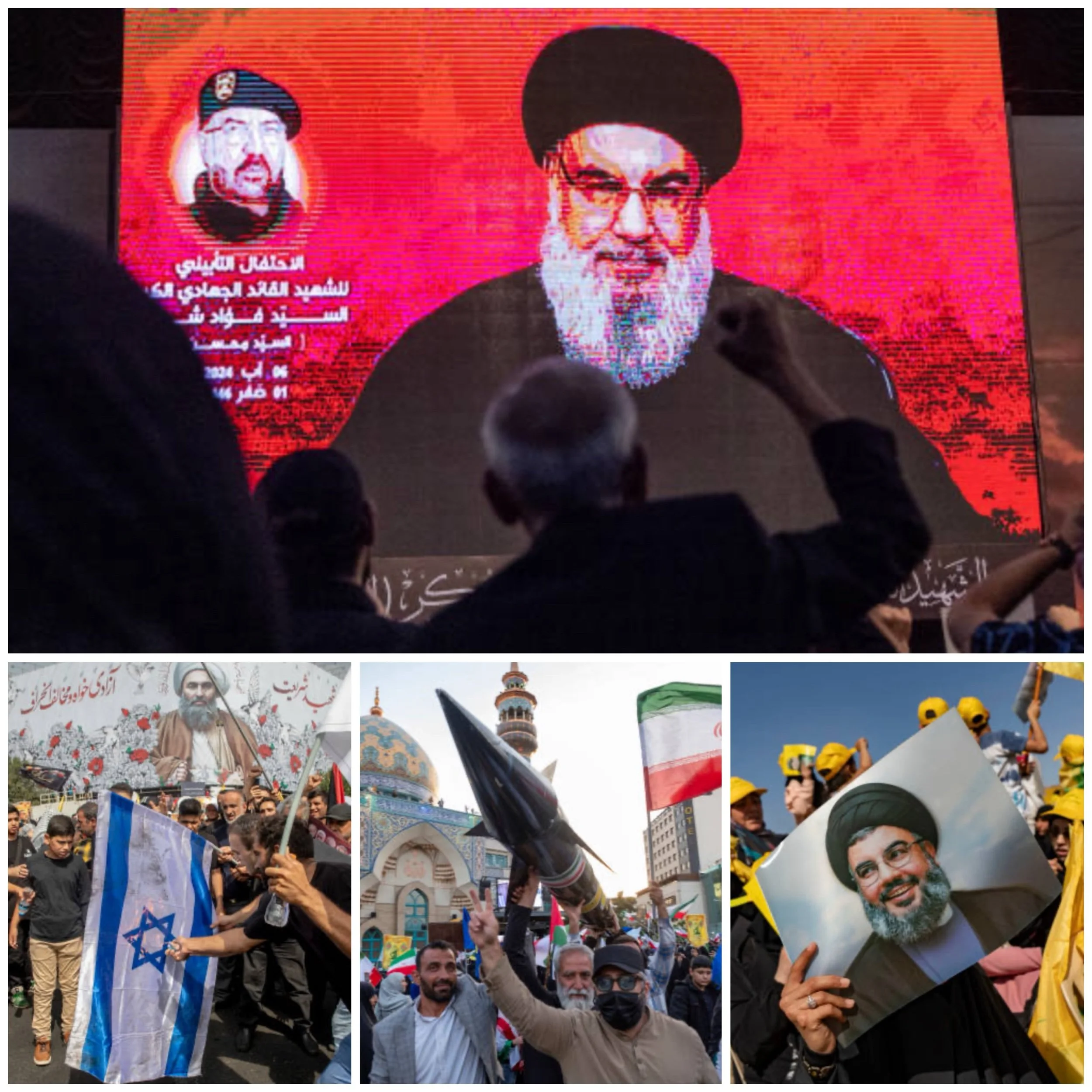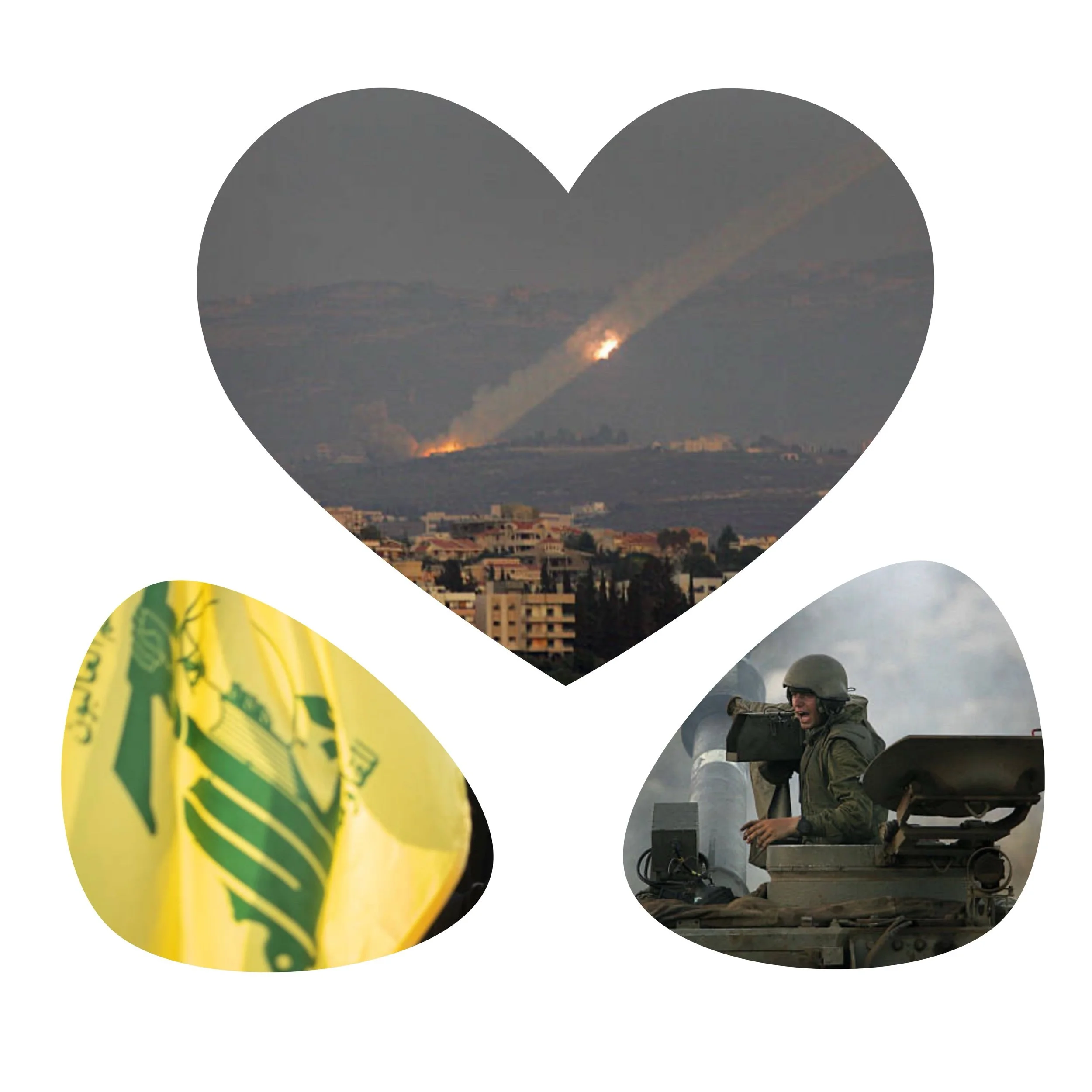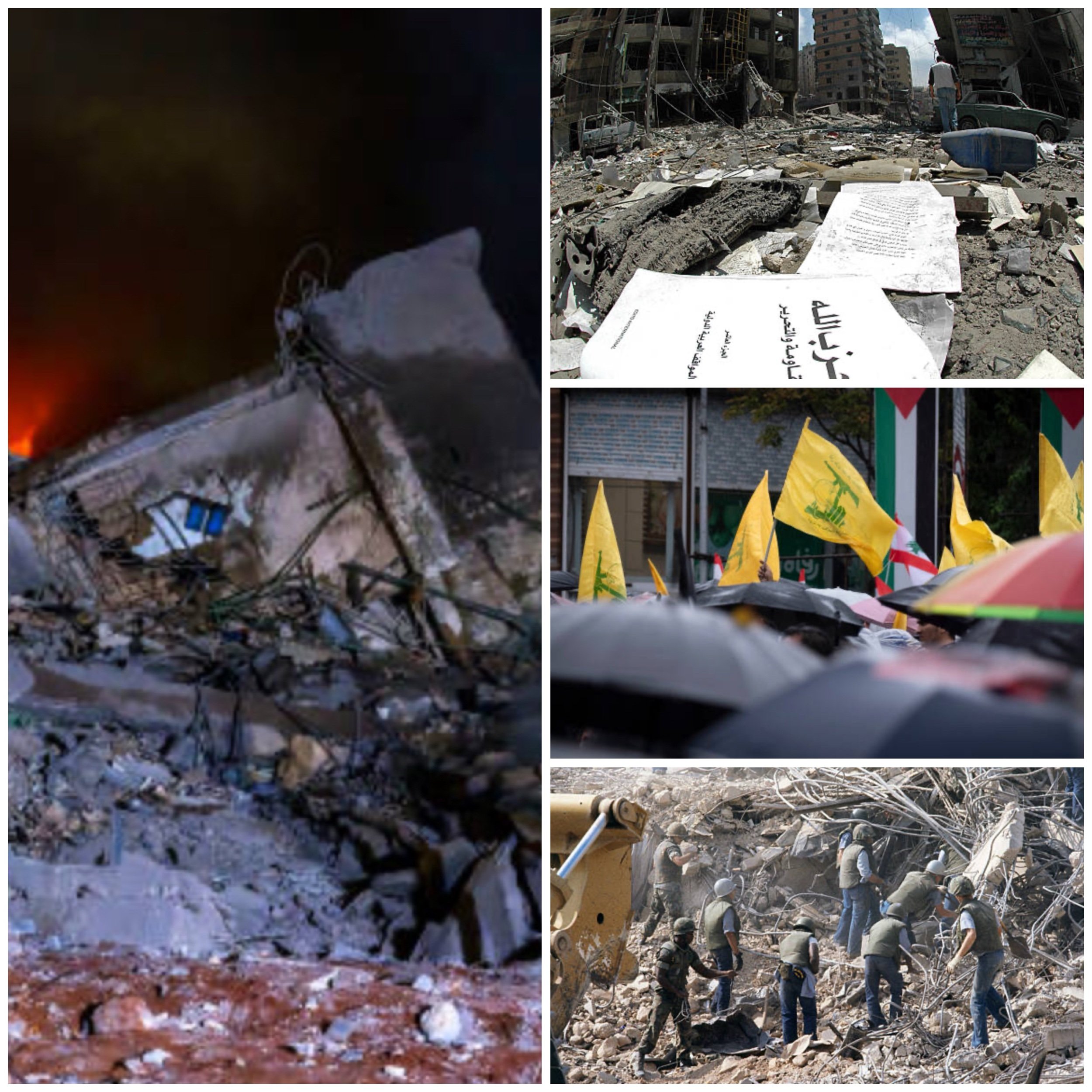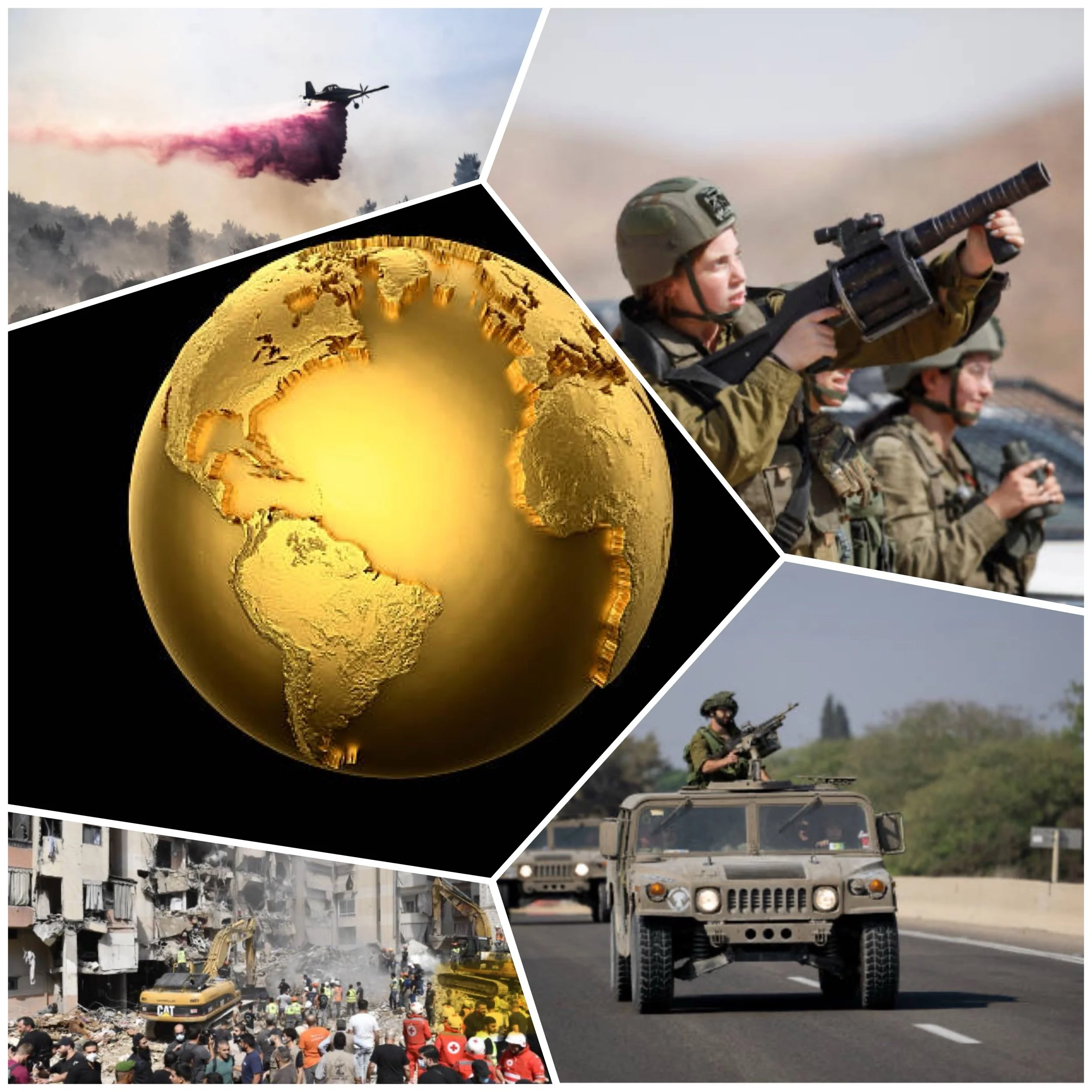How did the death of Hassan Nasrallah affect the conflict
Introduction
The death of Hassan Nasrallah, the long-time leader of Hezbollah, has significantly impacted the conflict between Israel and Hezbollah, as well as the broader regional dynamics. Here are the key effects:
Immediate Impact on Hezbollah
Leadership Void:
Nasrallah’s death has created a significant leadership vacuum within Hezbollah. His charismatic leadership and strategic acumen were crucial to the organization’s operations and public image for over three decades.
Operational Challenges:
The assassination, coupled with the earlier losses of other senior commanders, has likely rendered Hezbollah operationally inert, at least temporarily. This has severely compromised the group’s command and control capabilities.
Morale Impact:
The loss of Nasrallah is expected to have a substantial psychological impact on Hezbollah and its supporters. He was seen as a father figure and protector for many Lebanese Shia.
Regional Implications
Escalation Risks:
The killing has heightened fears of an all-out war in the Middle East. There are concerns that Hezbollah or Iran might retaliate, potentially leading to a broader conflict.
Iranian Response:
Iran, Hezbollah’s primary backer, has vowed to continue Nasrallah’s mission and warned of potential consequences for Israel. This could lead to increased Iranian involvement in the region.
Shifting Power Dynamics:
Nasrallah’s death may alter the balance of power in Lebanon and the broader Levant, potentially weakening the “axis of resistance” led by Iran.
Israel’s Position
Strategic Victory:
Israel views the assassination as a major strategic success, potentially degrading Hezbollah’s capabilities and restoring Israel’s deterrence.
Military Considerations:
The elimination of Nasrallah and other Hezbollah leaders might allow Israel to avoid a protracted ground offensive in Lebanon.
Diplomatic Opportunity:
Some analysts suggest that Hezbollah’s weakened state could be leveraged by Israel to negotiate a more favorable security arrangement along its northern border.
International Reactions
Divided Response:
The assassination has elicited mixed reactions globally, with some countries condemning it as an escalation, while others, like the United States, view it as a justified action against a terrorist leader.
Diplomatic Efforts:
The incident has prompted increased diplomatic activity, with various countries calling for de-escalation and ceasefire negotiations.
Future Uncertainties
Succession Questions:
It remains unclear how Hezbollah will manage its leadership transition and whether the new leadership will maintain Nasrallah’s policies or adopt a different approach.
Long-term Consequences:
While the immediate impact has weakened Hezbollah, the long-term consequences are uncertain. Historically, the group has shown resilience and the ability to regenerate its capabilities.
Conclusion
Nasrallah’s death has created a volatile situation with the potential for significant regional escalation. While it has temporarily weakened Hezbollah, the full ramifications of this event are yet to unfold and will depend on the responses of various actors in the region.





